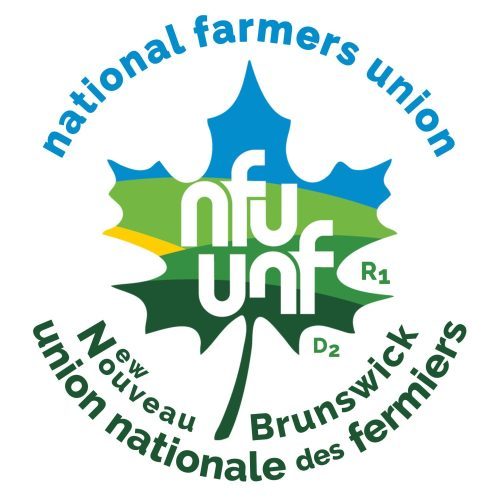Province’s cattle prices the highest in a decade
CRAIG BABSTOCK Times & Transcript
Click here to read the original posting of this article on the Telegraph Journal website.
December 19, 2014
Cattle prices are currently the highest New Brunswick farmers have seen in more than 10 years.
“This is good news,” says Jean-Eudes Chiasson, president of the National Farmers Union in New Brunswick. “Most of the time we complain as farmers, but this is a positive thing for us.”
While higher prices for cattle mean good things for cattle farmers, it also likely means beef prices for consumers will increase.
“I believe consumer prices will increase and I wouldn’t say it’s a good thing for consumers, but if we pay closer to a fair price, it’s good,” says Chiasson. “It’s a good thing for farmers, a good thing for everybody, even though consumers don’t see higher prices as a good thing.”
The union says prices plummeted in the aftermath of a case of BSE, or mad cow disease, being detected in Alberta in 2003. Over the last 11 years, prices have climbed steadily to a level where farmers are able to recover the cost of production.
“Prices are up 85 per cent over the last year, which is significant,” says Chiasson.
More than 50 per cent of NFU-NB members keep cattle and the rise in prices means a stable financial year for many of them. The high prices will particularly benefit farmers with a cow/calf operation; meaning they sell the young cattle at a weight of 500 to 600 pounds. Trends are expected to keep up for at least the next few years due to market demand.
Chiasson says there is clearly a shortage of animals driving up the price and the demand is there for the product.
Even with positive projections for stable prices, the NFU-NB encourages all farmers to do their research and make an informed decision regarding the market outlook of cattle prices before committing to any major, long-term investments in cattle.
The union president says local farmers are up against tough international competition which benefits from cheaper labour, more lenient environmental regulations and other benefits. So if New Brunswick farmers can get a little more for their cattle, that helps them stay viable.
“We compete against these people but the rules are not the same,” he says.
A report from BMO Economics in August said the price of red meat at the grocery store has risen because of increasing cattle prices, which will likely cost the average Canadian household more than $100 per year.
Aaron Goertzen, an economist with BMO Capital Markets, said in a news release that beef prices may remain higher through 2015.
“Consumers are not alone; food processors, grocery stores and the restaurant services industry have all seen margins come under pressure as wholesale meat prices have risen,” he said. “Hog and cattle farmers, on the other hand, are enjoying a much-needed renewal in profitability after several extremely tough years.”




